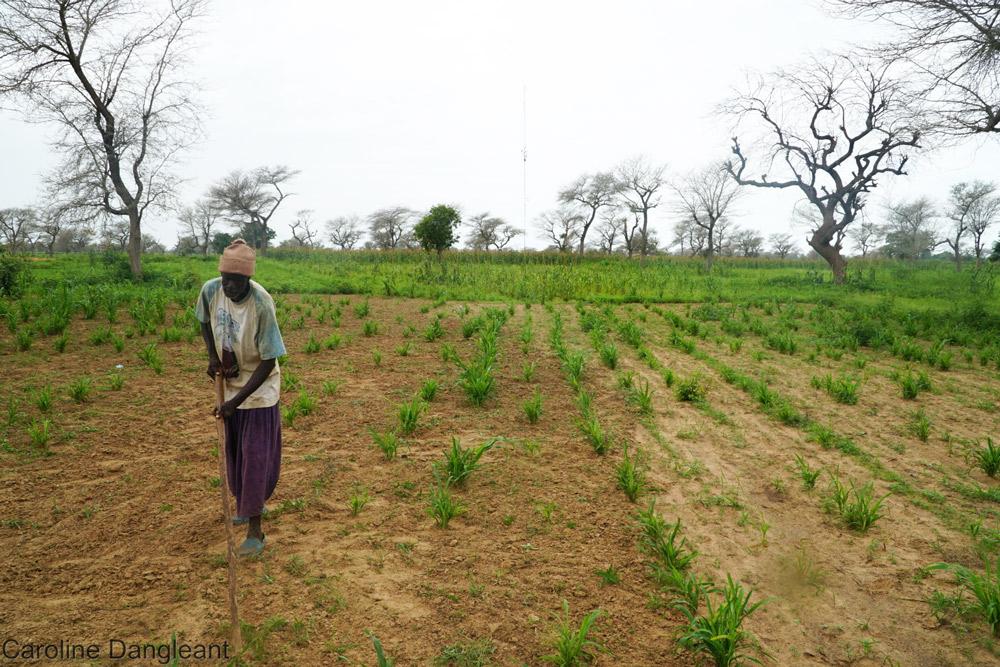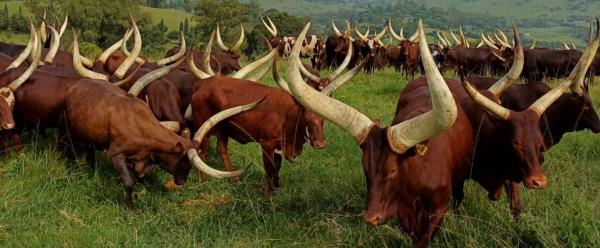Institutional news 4 February 2026
- Home
- CIRAD news
- News
- France - CGIAR Fostering the agroecological transition
France-CGIAR | Researchers call for a paradigm shift to foster the agroecological transition of agrifood systems

Agroecology research must play a central role in the moves to bring about sustainability, health, equity and food security transitions in agrifood systems. However, it is still largely overlooked in agricultural research strategies.
Agricultural research organizations and researchers must make a long-term, active commitment to an agroecological research agenda. This was the essence of a call for action from some forty researchers following a workshop initiated jointly by France and CGIAR to look into how to increase the research budget allocated to agroecological transition.
In view of the many challenges, the researchers concerned call for a focus on research into the drivers that would boost the synergies along the SDGs within agrifood systems. While agriculture is often seen as one of the main drivers of ecosystem degradation, it can also be a source of sustainability.
This means shifting to agriculture that maximizes restoration of the environment. Key to this is an agroecological approach to agriculture that applies ecological principles while addressing the need for socially equitable food systems.
The researchers also feel that research should concentrate on agroecological transitions that are locally constructed and that prioritize human and planetary wellbeing, to set a course for large-scale change.
Moreover, given the wide range of contrasting situations, local knowledge and capacities will play an important role in agroecological transitions, alongside scientific knowledge and technology. Accelerating climate change means that the ability to adapt will become more important than gross yields.
The researchers also call on their peers to change:
- how the performance of agricultural systems is measured, focusing less on yields and more on a wider range of indicators based on the SDGs;
- how they think of agroecological transitions, embracing complexity in theories of change;
- how they generally work: with wider, more balanced partnerships with diverse stakeholders, in problem-solving mode, acknowledging complexity and uncertainty.
In short, they call on research organizations to:
- engage in multi-stakeholder networks and document successful and unsuccessful agroecological transitions ;
- develop theories of change and indicators that describe and track how agroecological transitions can happen and be transformative;
- support policymakers to increase the research budget allocated to agroecological transition, develop policies to incentivize local innovation systems and support changes;
- support funding options that allow for longer-term research projects and outcomes in line with the time scales on which that agroecological interventions operate.
Read the call
Call for action for agroecological transition of agri-food systems



























